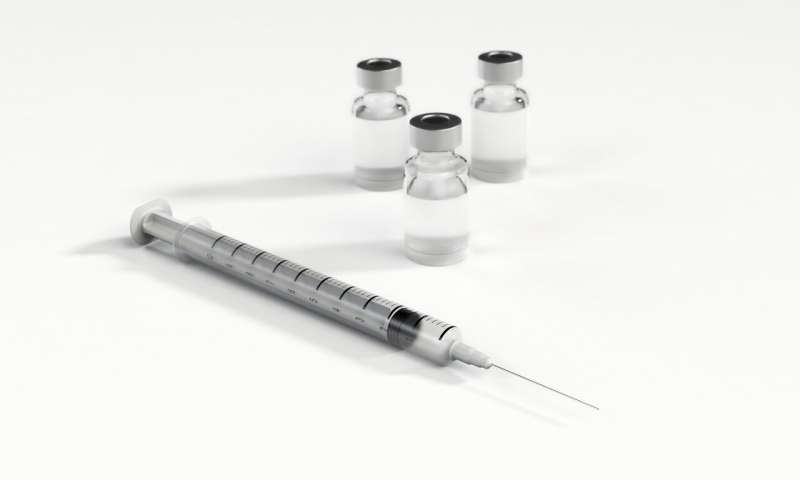Federal Cuts in Enforcement Staff and Suspension of Black Lung Disease Prevention Rules Impact Coal Miners' Safety

In 2025, federal agency staffing reductions and regulatory delays have compromised protections against black lung disease in coal miners, raising serious health and safety concerns amid ongoing legal and administrative challenges.
In April 2025, the Biden administration's efforts to strengthen protections for coal miners against black lung disease faced significant setbacks. The Department of Labor’s Mine Safety and Health Administration (MSHA) announced a temporary suspension of a new silica dust regulation designed to reduce miners’ exposure to harmful silica particles. The rule, which aimed to cut permissible silica levels in half and enforce stricter compliance standards, was initially scheduled to take effect in April but has been on hold since then, with enforcement paused until at least mid-August due to legal challenges and administrative restructuring.
The delay follows a series of federal agency reductions, including the closure of nearly 900 NIOSH (National Institute for Occupational Safety and Health) employees involved in miners' health surveillance programs. These layoffs have effectively halted free health screenings for miners, impeding early detection of black lung disease, which has seen a concerning resurgence over recent years. Data indicates that approximately 20% of miners in central Appalachia exhibit signs of black lung, with more aggressive forms like progressive massive fibrosis increasing tenfold among long-term miners.
The crackdown on enforcement efforts extends beyond silica regulations. The Department of Government Efficiency, established under a Trump executive order, announced the shutdown of multiple MSHA field offices, reducing oversight opportunities. Critics argue these reductions compromise coal miners' health protections and increase occupational hazards.
Legal actions have been swift. A class-action lawsuit was filed by attorney Sam Petsonk on behalf of miners like Harry Wiley, seeking to reverse the firing of NIOSH surveillance staff. A U.S. District Court issued a preliminary injunction, temporarily reinstating the workers and suspending the enforcement pause. The case highlights ongoing concerns about the administration’s commitment to miner safety amidst administrative restructuring.
Advocates and industry experts warn that the staffing cuts and regulatory delays may lead to increased workplace injuries and health issues. Wes Addington of the Appalachian Citizens' Law Center emphasizes that diligent enforcement and strong regulations are vital to prevent deadly lung diseases and protect miners' lives.
Health experts and community advocates continue to call for the reinstatement and enforcement of protective regulations to prevent unnecessary black lung fatalities and ensure safer working conditions. The situation raises questions about the federal government’s prioritization of occupational health amid ongoing administrative changes, with many concerned about the long-term impacts on coal miners’ health and safety.
source: https://medicalxpress.com/news/2025-06-feds-staff-halt-meant-curb.html
Stay Updated with Mia's Feed
Get the latest health & wellness insights delivered straight to your inbox.
Related Articles
A Balanced Approach to US Vaccine Policy: Building Trust and Community Engagement
Dr. Ross and Dr. Navin propose a pragmatic middle-ground strategy for US vaccine policy, emphasizing trust, community engagement, and reshaping communication to combat declining vaccination rates and outbreaks.
Groundbreaking Biomarker Discovery Offers New Hope for Chronic Kidney Disease Management
Researchers at CRCHUM have identified a microRNA, miR-423-5p, as a promising biomarker for early detection and protection of kidney microvasculature, offering new hope in managing chronic renal failure.
Innovative Mechanical Heart Valve Promises Enhanced Blood Flow and Durability
Researchers at UBC have developed a new mechanical heart valve, the iValve, which offers improved blood flow, reduced flow-related complications, and greater durability, bringing new hope for heart disease treatment.
Higher Rates of Leg Amputation Due to Arterial Disease in Disadvantaged Communities
A new study reveals that leg amputations caused by arterial disease are four times more common in disadvantaged communities in England, highlighting significant health inequalities and the urgent need for targeted prevention efforts.



